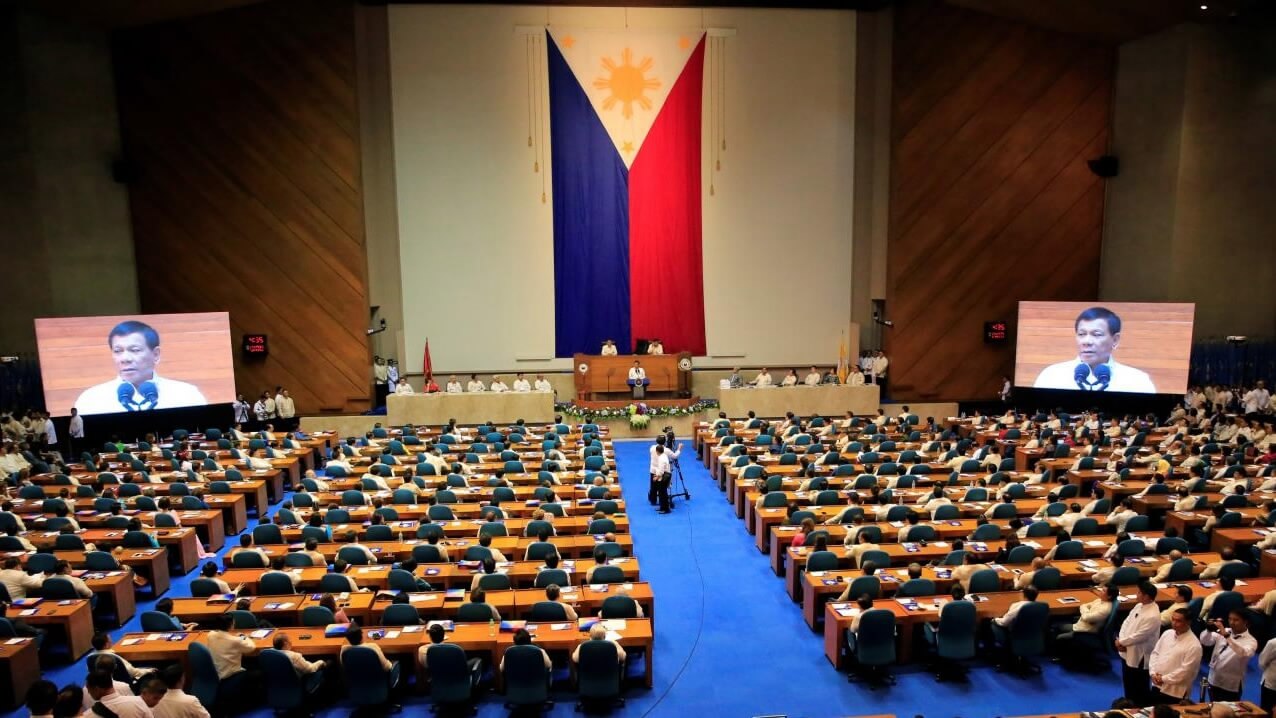The Philippine Congress on Wednesday approved a Bill that will lead to the opening up of one of the world’s most restrictive economies. The Bill has been ratified by the House of Representatives as well as the Senate, and will now be passed to President Rodrigo Duterte for approval into law. It amends the 85-year-old Public Service Act (PSA), which restricts the foreign ownership of public utilities to 40%.
However, with the latest amendment, foreign entities will be able to possess complete ownership of telecommunications, airlines, and railways services. Foreign state-owned enterprises will still be barred from owning capital in any public utility or critical infrastructure in the country.
Senator Grace Poe, the bill’s sponsor, explained in a statement that the measure will allow all industries, except for electricity distribution, petroleum pipeline transmission, water distribution, seaports, and public utility vehicles to be liberalised.
Echoing the sentiment, House Ways and Means Committee chairman and co-sponsor of the bill, Joey Salceda, said in a statement that with the passage of the Bill, “We expect an increase in FDIs (Foreign Direct Investments) by around ₱299 billion ($5.85bn) over the next five years from the final version of the sectors that will be opened up as a result of the PSA amendments.”
Based on 2020 data compiled by the Organization for Economic Cooperation and Development, the Philippines ranked third most restrictive out of 83 economies on the FDI Regulatory Restrictiveness Index, behind Palestine and Libya.
Bicam panel tackles amendment to Public Service Act #18Congress
— House of Representatives of the Philippines (@HouseofRepsPH) February 1, 2022
READ: https://t.co/0MLXiZ6M2m pic.twitter.com/7abheRVwLD
Following the release of the report, measures, certified as urgent by Duterte, had been proposed to three key acts: the PSA, Retail Trade Liberalization Act, and Foreign Investments Act. “We are relying on the meaningful amendments and improvements in the remaining certified urgent bills,” Trade Secretary Ramon Lopez had said last August.
Extrapolating on the benefits of the measure if approved by Duterte, Jun Neri, lead economist at Bank of the Philippine Islands, said that consumers would benefit from increased foreign participation in key sectors due to new competition. “It’s generally seen as positive legislation as it gives consumers more choices, hopefully at more affordable prices,” Neri said.
The National Economic and Development Authority, which has been the strongest proponent for this law, said on Monday that by signing the bill into law, the Philippines is following what other countries in the region have done to procure foreign capital.
However, some observers like Terry Ridon, convenor at Infrawatch PH, worry that the government’s longstanding issues of “corruption, cronyism, and red tape” will continue to discourage FDI since the government continues “to delay permits, disqualify competition, and raise capital costs to do business in the country.”

